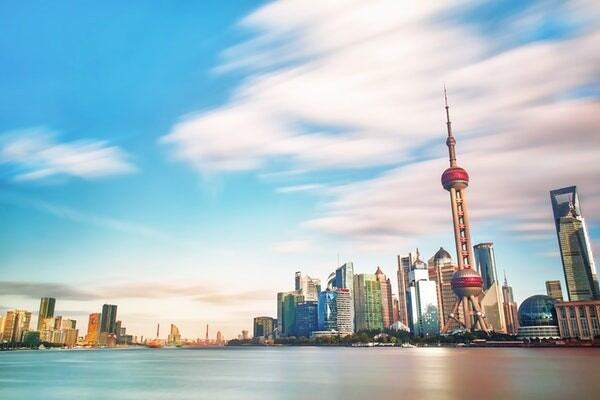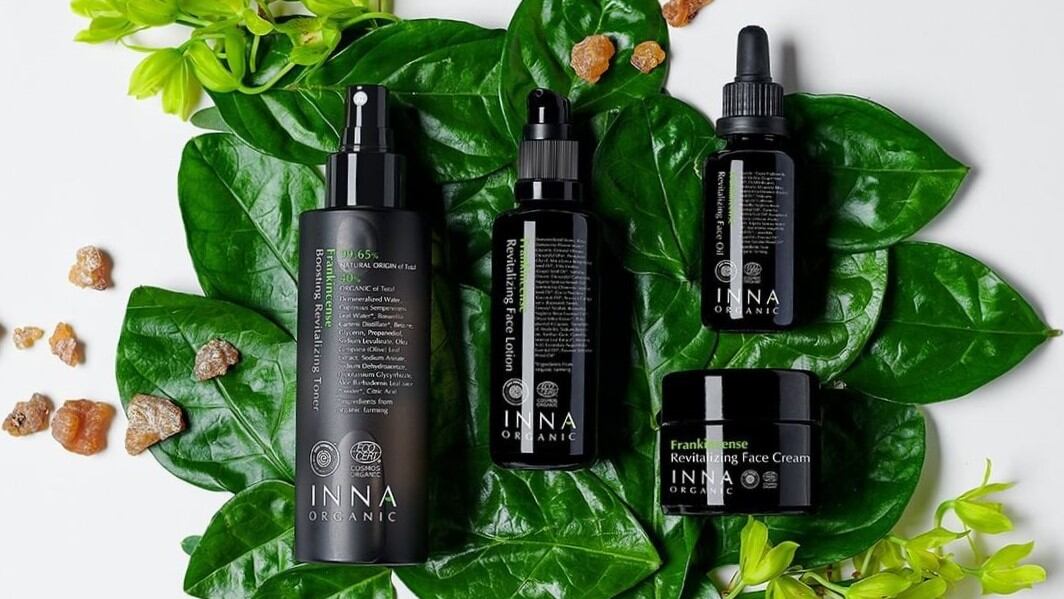Along with the rising trend towards eco-friendliness, health and wellness in Chinese society, the demand for “clean” beauty products will continue to rise, said Lee Folland head of research at Reuter Communications, a luxury intelligence, digital, communications and marketing agency.
Demand for ‘clean’ is rising
In a recent study conducted by Reuter Communications, it was revealed that luxury consumers in China have a preference for organic ingredients, especially consumers in the millennial and Generation X age bracket.
Folland elaborated that the study identified that these consumes are very knowledgeable about ingredients, as well as brands and products.
In the same vein, another survey on travel revealed that affluent Chinese families preferred hotels that are sustainable, have wellness programs and serve organic food.
“This general trend across the society – which is of course a global trend, not only China-specific – also translates to beauty,” said Folland.
Safety first
Folland notes that being made overseas is no longer a draw in many luxury product categories. However, for beauty and personal care, these labels still remain more appealing to consumers.
“Certain health ‘scares’ that have been broadcasted across the news in China still linger in consumers’ minds, and so, consumers welcome ingredients in products used in or on the body ‘made in France’, for example,” said Folland
Prestige plays a part
To a certain degree, said Folland, the demand for natural or organic products are in part driven by the desire for prestige. However, this does not mean Chinese consumers make purchasing decisions based on brand name or logos.
“Prestige also exists by showing that one is aware of what quality is, and about the specific brands and ingredients used,” elaborated Folland. “If something is recognised as being of the highest quality, then of course that still carries prestige.”
Little Red Book
With many smaller natural and organic brands choosing to enter China via e-commerce to avoid the animal testing regulations, it is increasingly important for brands to polish up their online presence in a saturated market.
For beauty brands, Folland suggested the social platform Xiaohongshu, or Little Red Book, a trusted community of almost 90% female, and 90% millennial beauty followers which count Kim Kardashian as one of its members.
“For beauty, your target audience is on Xiaohongshu, the platform that allows users – and KOLs – to review beauty products, among others.”
However, as a relatively new platform, the rules are subjected to adjustments, especially related to what brands and Key Opinion Leaders (KOLs) can and cannot do, said Folland. He added that this is indicative of the changing landscape of KOLs in China.
“Consumers, brands and platforms all seem to be in agreement that when it comes to what an impactful KOL collaboration is, a broader integration into the brand in the longer term [is needed], not just using a KOL as a one-off sandwich-board ad.”





